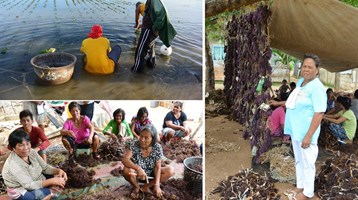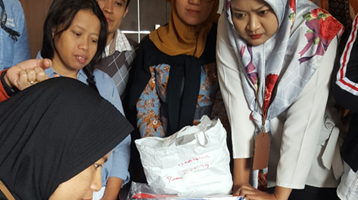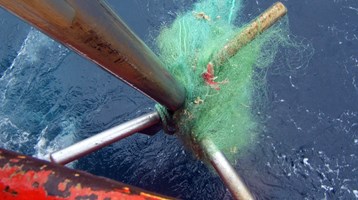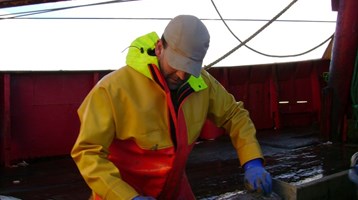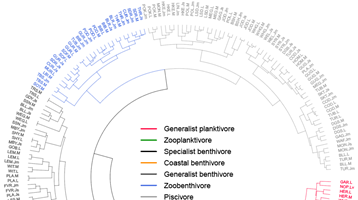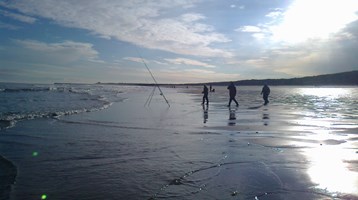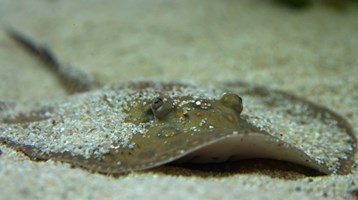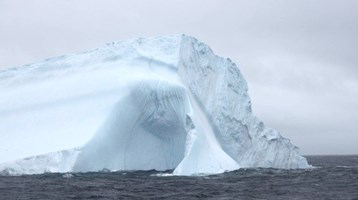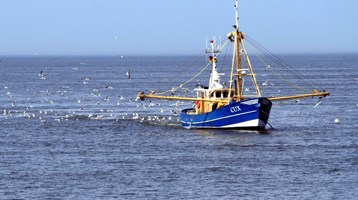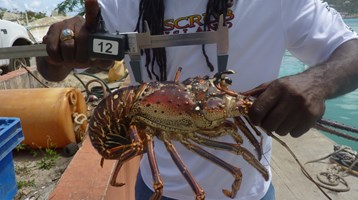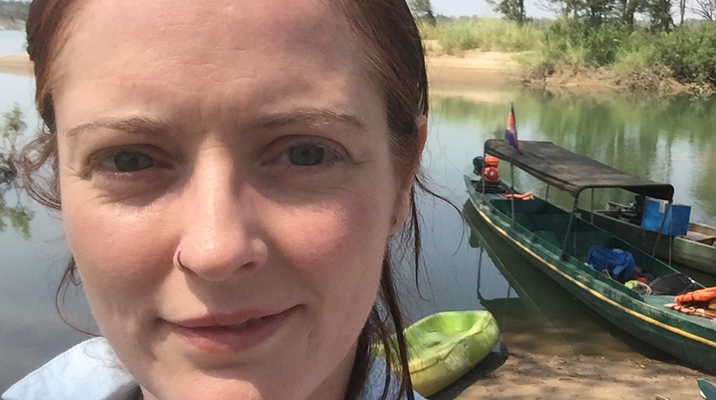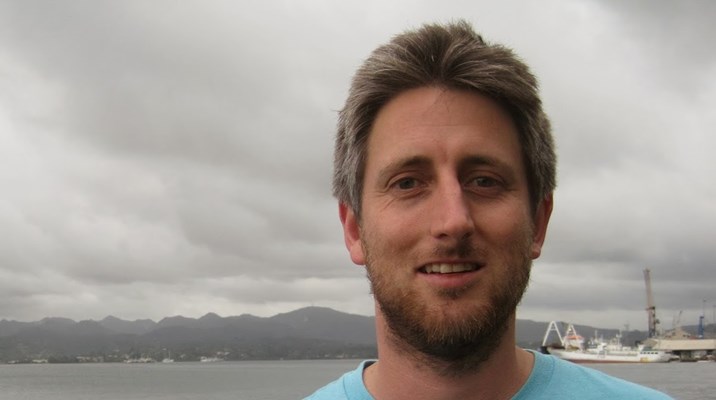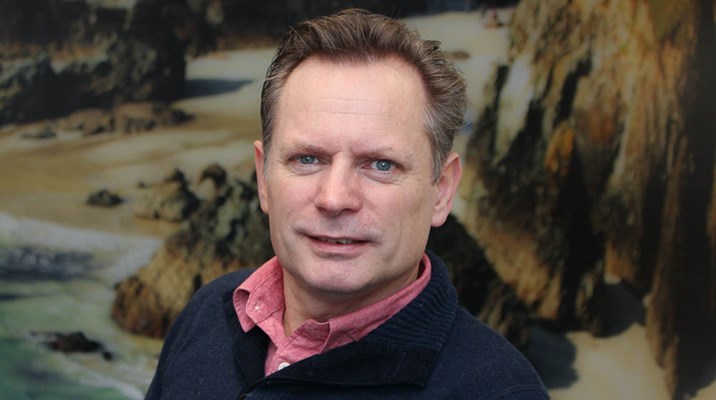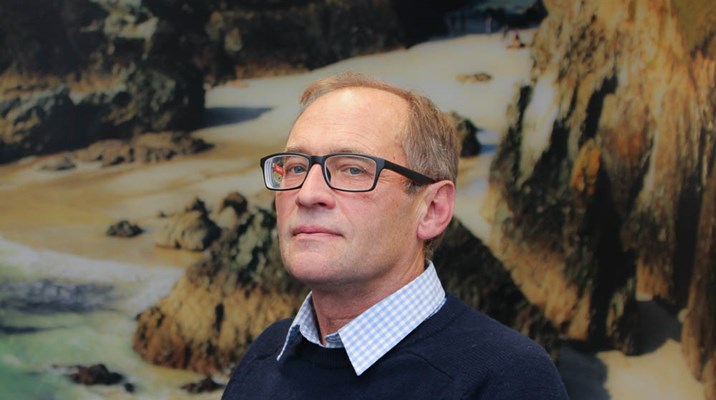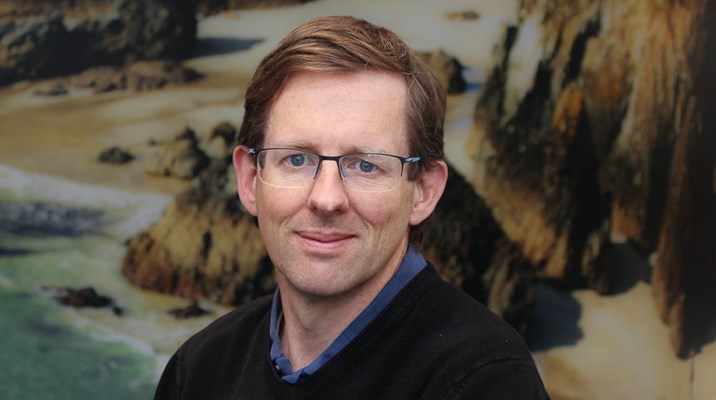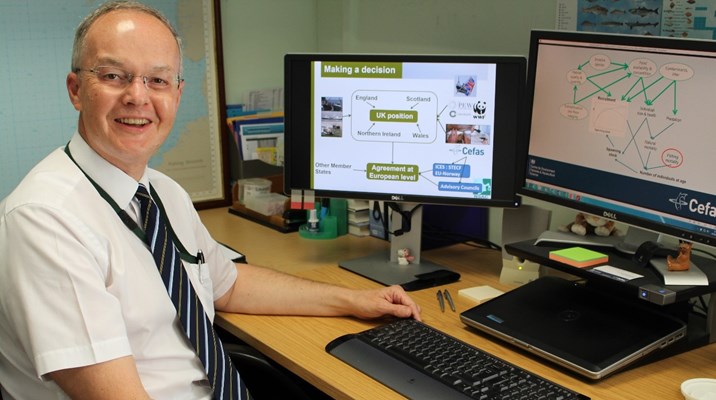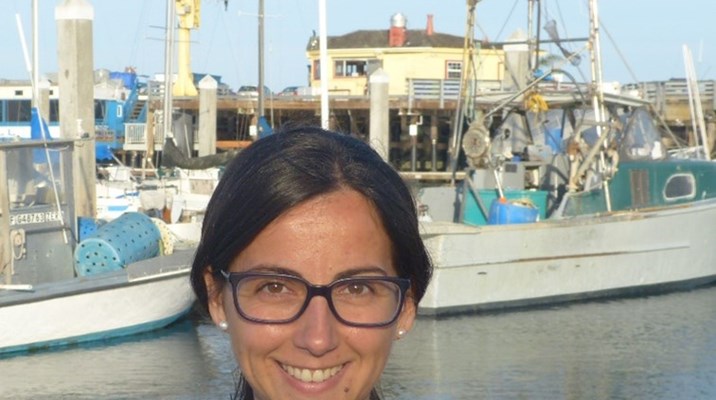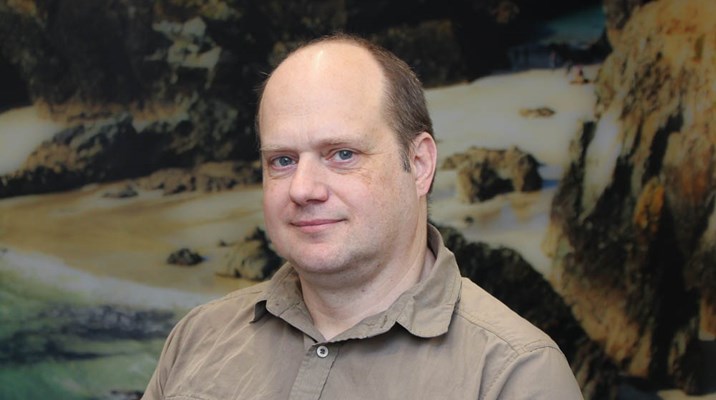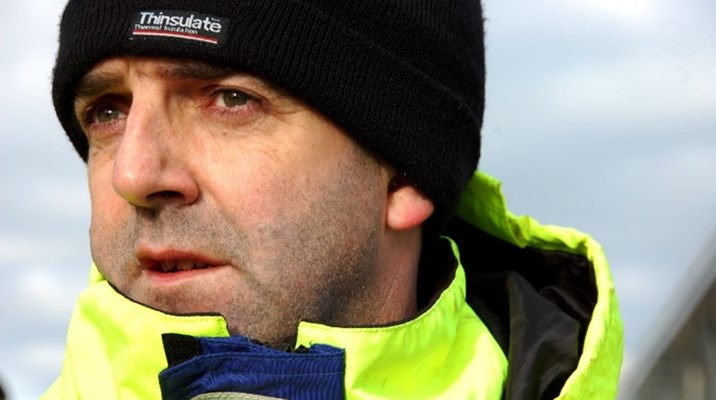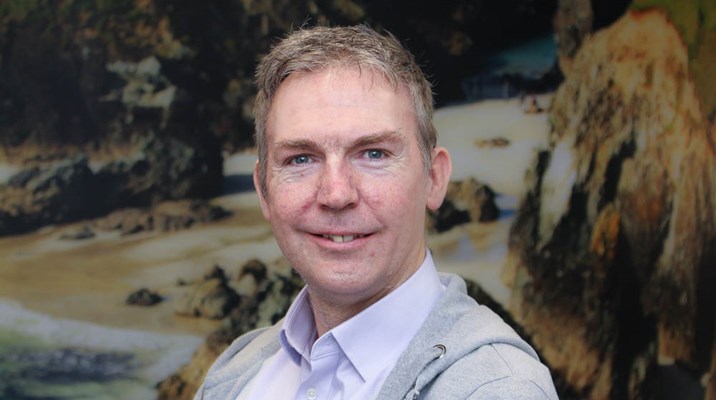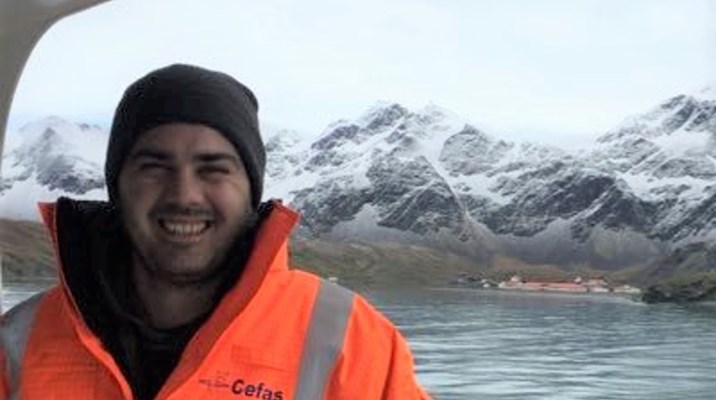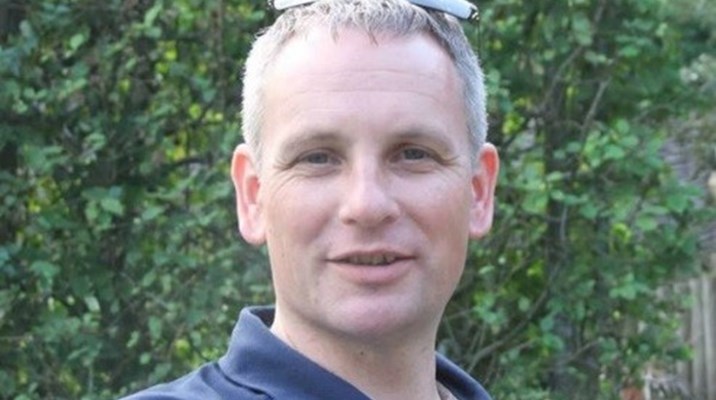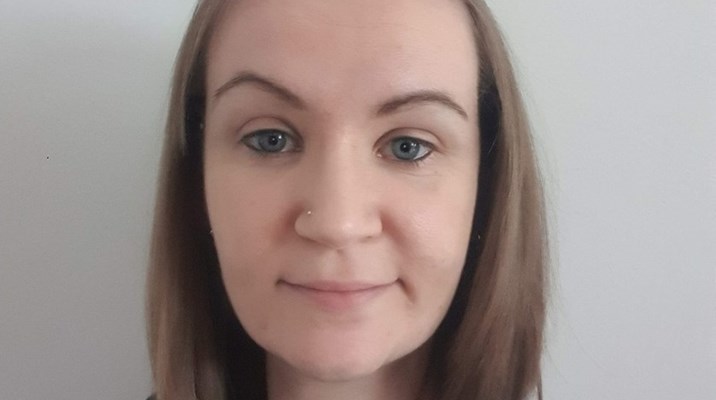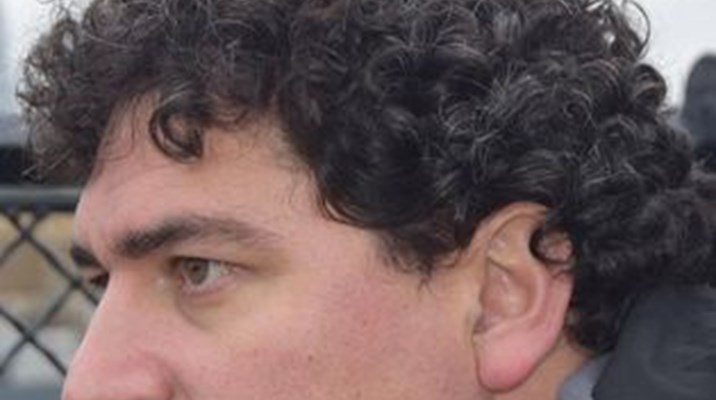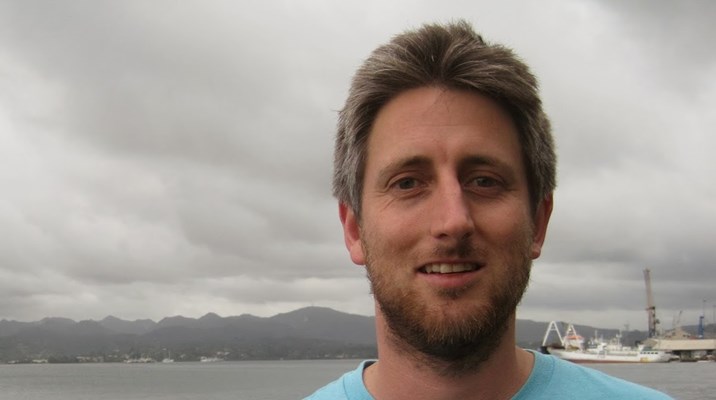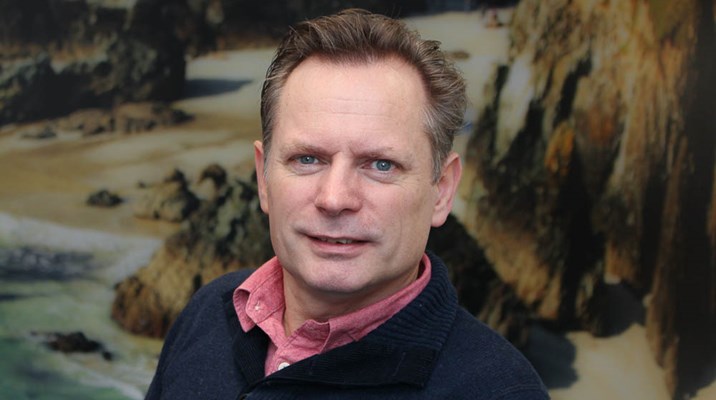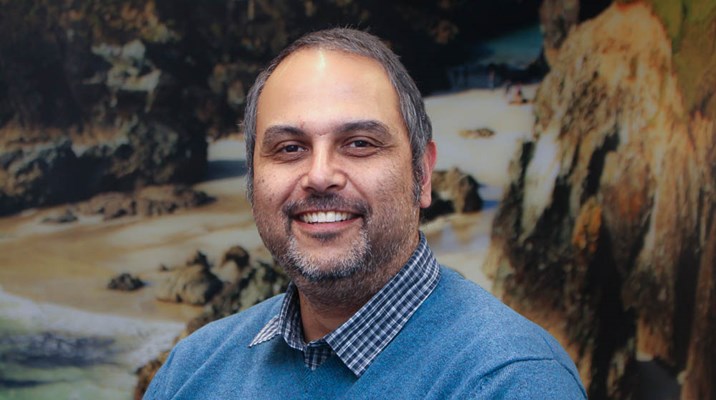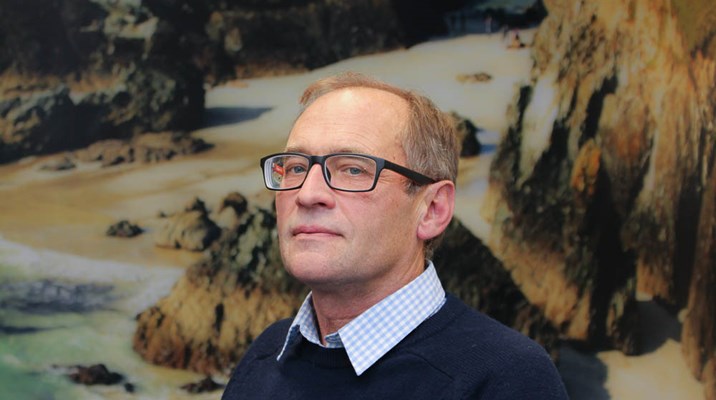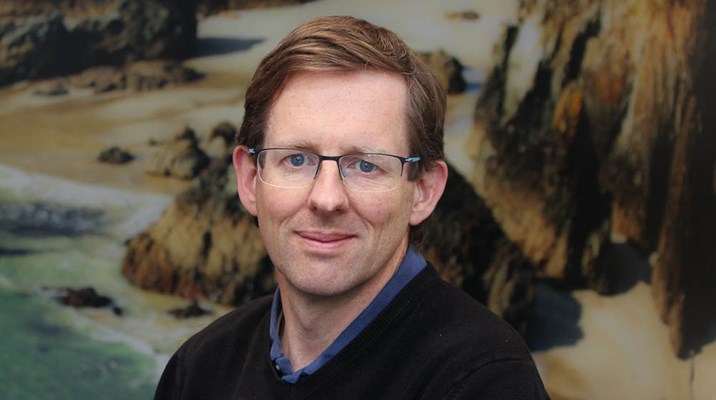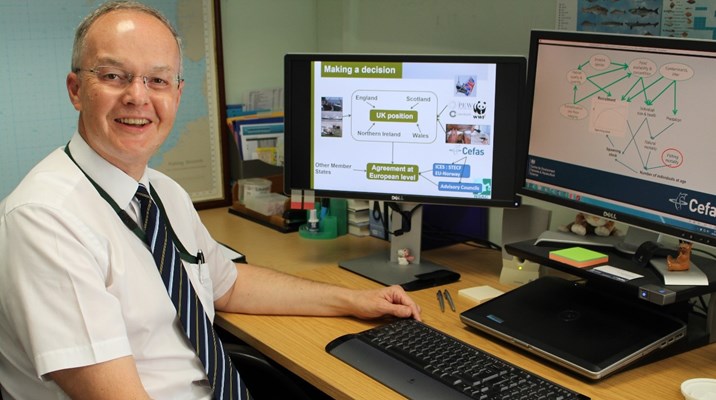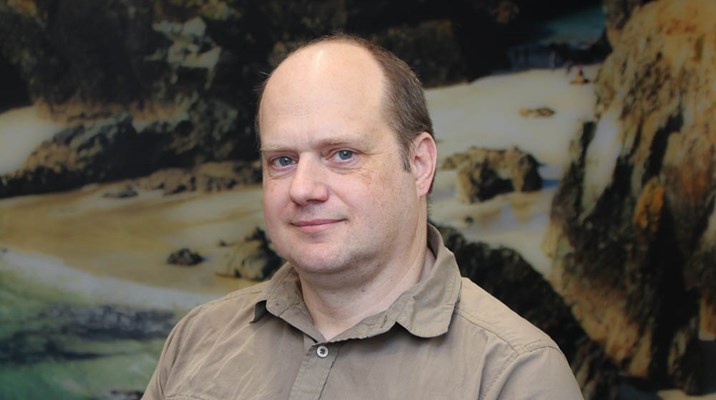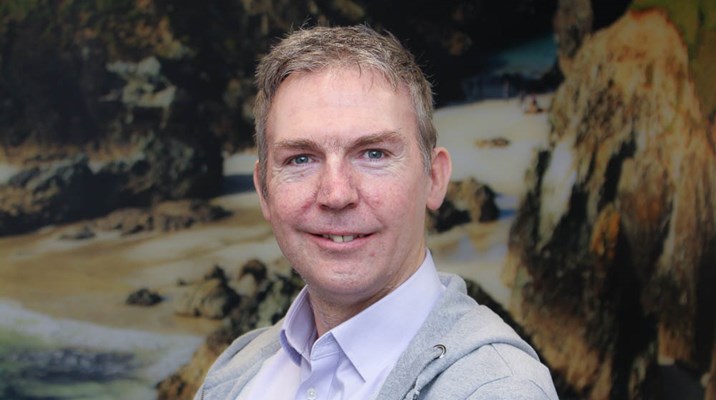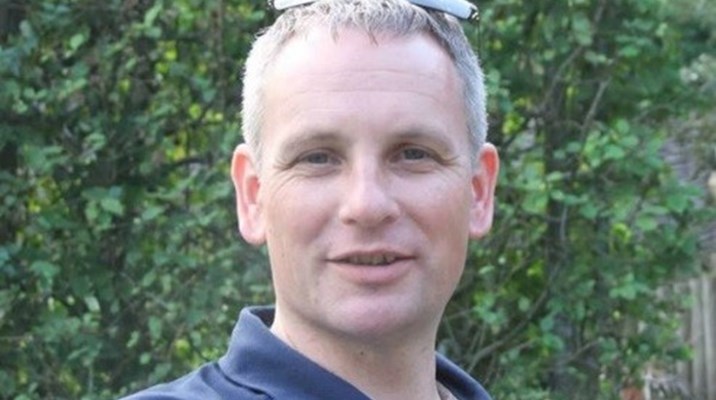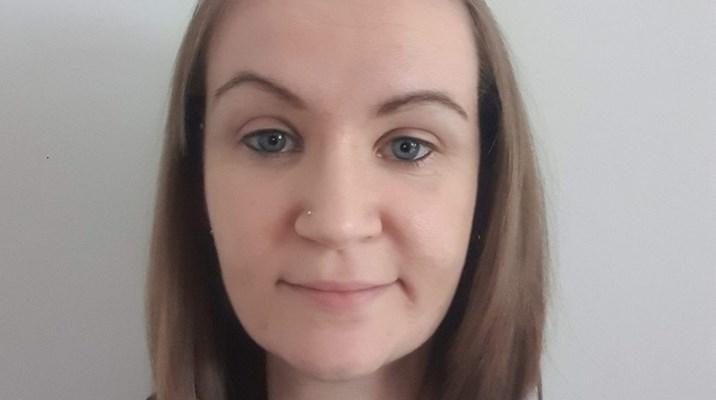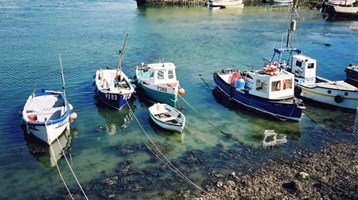Dr Kieran Hyder
Principal Recreational Fisheries Scientist
Kieran’s research is centred on the application of science to support policy and management of fisheries. He focuses on the social, economic, and biological impacts of marine recreational fisheries, and novel approaches to support fisheries monitoring, modelling, assessment, and management.

Kieran has 20 years’ experience in the application of data collection, modelling, and statistics to solve problems in a wide variety of different fields including: fisheries, ecology, veterinary epidemiology, and pesticide residues.
Most recently at Cefas as part of the UK government, his research is centred on fisheries, with a focus on recreational fisheries. Kieran has in-depth understanding of the marine policy and management landscape. He provides advice to policy makers at national and European level, chairs the ICES Working Group on Recreational Fishing Surveys, and leads recreational sea angling surveys for UK. He contributes to sea bass stock assessment and chaired the data compilation at the last benchmark. He has extensive knowledge of both existing and new methods for data collection and monitoring including citizen science, smartphone apps and web-based approaches. He has expertise in the application of models to support management of marine systems; most recently working on Individual-Based Models of fish populations, linkages between fish spawning and nursery areas, and ecological connectivity between networks of manmade structures.
Kieran is an experience principal investigator, securing research funding from many sources including government, research councils, and industry. He holds an Honorary Senior Lectureship in the School of Environmental Sciences at the University of East Anglia and supervises a number of PhD students. He is an editor for the ICES Journal of Marine Science and has published over 60 peer-reviewed papers.
Selected Projects:
Delivering monitoring and advice for recreational sea angling (2015-21). Lead UK government funded project. Marine recreational fishing is a high participation activity that has significant economic impact, but has been excluded from stock assessment despite its potential impact on fish stocks. UK-wide surveys of recreational sea angling are delivered to estimate the participation, effort, catches and releases, and economic impact of marine recreational fishing. This is a large complex programme that combines estimates of numbers of sea anglers from the watersports participation survey, with catches and expenditure from a diary panel of around 2,000 anglers. Data from the surveys are delivered as part of the UK monitoring programme and are used in stock assessments. In addition, advice is provided on recreational fishing for policy makers and novel approaches for the monitoring of marine recreational fishing are being developed.
Marine recreational and semi-subsistence fishing - its value and its impact on fish stocks (2017). Led European Parliament study IP/B/PECH/IC/2016-131. EURecFish was a collaboration of four institutes to deliver the first synthesis of the social and economic value, and impacts of marine recreational and semi-subsistence fishing in Europe. Total economic impact of marine recreational fishing amounts to 10.5 billion euro, supporting almost 100,000 jobs. The impact varies between fish stocks, representing 2-43% of total catch. Outcomes and recommendations were presented to the European Parliament Committee on Fisheries (PECH), and are being used to underpin a European Parliament position statement on recreational fishing.
Assessing the ecological connectivity between man-made structures in the North Sea (2015-2018). Led INSITE funded project. Man-made structures including rigs, pipelines, cables, renewable energy devices and shipwrecks, offer hard substrates in the largely soft-sediment environment of the North Sea. From an environmental perspective, it is possible that man-made structures form a system of interconnected hard substrate in the North Sea. EcoConnect assessed the ecological connectivity between man-made structures in the North Sea through the collation of existing data, modelling the importance of pelagic dispersal, assessing interactions between mobile organisms and man-made structures, and evaluating the impact of decommissioning of oil and gas infrastructure using network analysis. The outcomes have been presented to the oil and gas industry and have been used to inform research into impacts of decommissioning.
Publications:
Selected Publications:
- Tidbury H, Taylor N, van der Molen J, Garcia L, Posen PE, Lincoln S, Judd A, Hyder K (2020). Using Social Network Analysis to elucidate the effects of decommissioning of offshore platforms on marine connectivity in the North Sea. Journal of Applied Ecology 57: 566-577.
- Walker ND, Boyd R, Watson J, Kotz M, Radford Z, Readdy L, Sibly R, Roy S, Hyder, K (2020). A spatially explicit individual-based model to support management of commercial and recreational fisheries for European sea bass Dicentrarchus labrax. Ecological Modelling 431: 109179.
- Hyder K, Weltersbach MS, Armstrong M, Ferter K, Townhill B, Ahvonen A, Arlinghaus R, Baikov A, Bellanger M, Birzaks J, Borch T, Cambie G, de Graff M, Dziemian Ł, Gordoa A, Grzebielec R, Hartill B, Kagervall A, Kostas K, Karlsson M, Ring Kleiven A, Levrel H, Lovell S, Lyle J, Moilanen P, Monkman G, Morales-Nin B, Mugerza E, Martinez R, O'Reilly P, Olesen HJ, Papadopoulos A, Pita P, Radford Z, Radtke K, Roche W, Rocklin D, Ruiz J, Scougal C, Silvestri R, Skov C, Steinback S, Sundelöf A, Svagzdys A, Turnbull D, van Voorhees D, van Winsen F, Verleye T, Vega P, Vølstad JH, van der Hammen T, Zarauz L, Zolubas T, & Strehlow HV (2018). Recreational sea fishing in Europe in a global context – participation rates, fishing effort, expenditure, and implications for monitoring and assessment. Fish and Fisheries 19: 225-243.
- Hyder K, Rossberg AG, Allen JI, Austen MC, Barciela RM, Bannister HJ, Blackwell PG, Blanchard J, Burrows MT, Defriez E, Dorrington T, Edwards KP, Garcia-Carrera B, Heath MR, Hembury DJ, Heymans JJ, Holt J, Houle JE, Jennings S, Mackinson S, Malcolm SJ, McPike R, Mee L, Mills DK, Montgomery C, Pearson D, Pinnegar JK, Pollicino M, Popova EE, Rae L, Rogers SI, Speirs D, Spence M, Thorpe R, Turner RK, van der Molen J, Youle A, Paterson DM (2015). Making modelling count - increasing the contribution of shelf-seas community and ecosystem models to policy development and management. Marine Policy 61:291-302
- Hyder K, Townhill B, Anderson LG, Delany J, Pinnegar JK (2015). Can citizen science contribute to the evidence-base that underpins marine policy? Marine Policy 59: 112-120.


